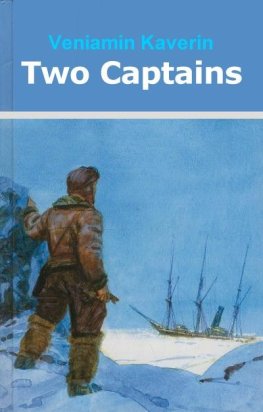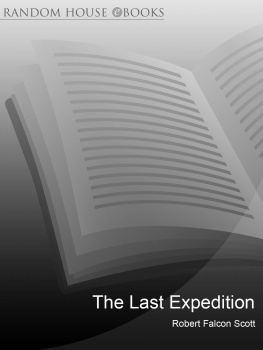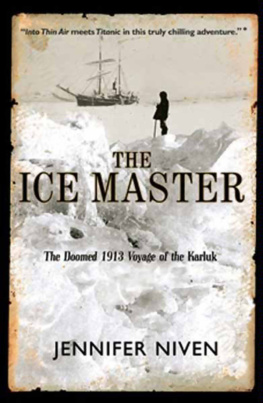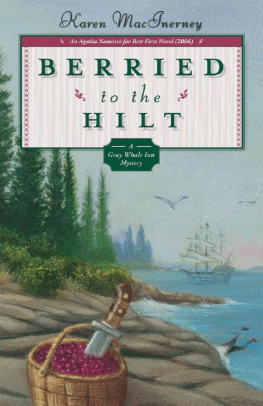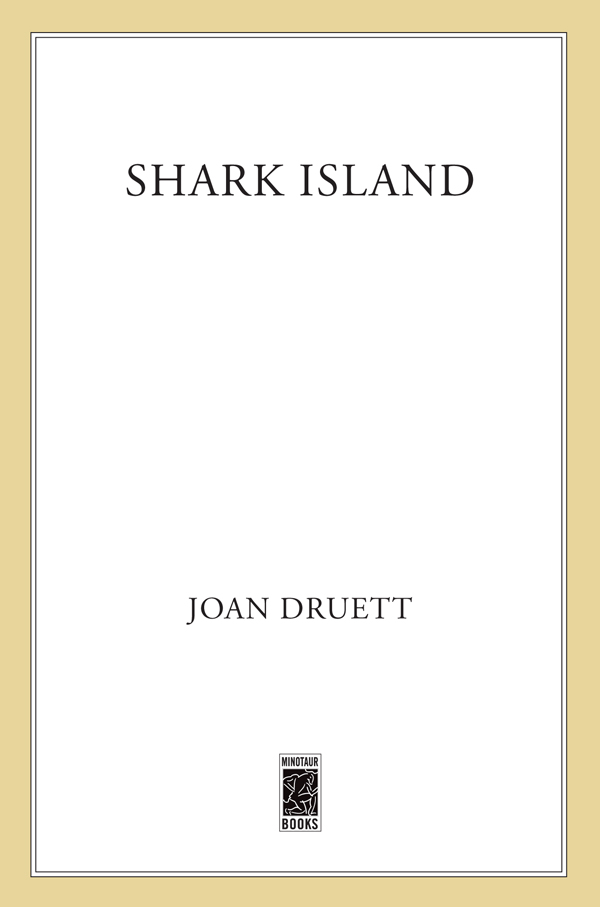Contents
Guide

The author and publisher have provided this e-book to you for your personal use only. You may not make this e-book publicly available in any way. Copyright infringement is against the law. If you believe the copy of this e-book you are reading infringes on the authors copyright, please notify the publisher at: us.macmillanusa.com/piracy.
For Steve
Take care, bro.
On Sunday, August 18, 1838, the six ships of the first, great United States South Seas Exploring Expedition, commanded by Lieutenant Charles Wilkes, crewed by 246 officers and men, and with seven scientists and two artists on board, set sail from the Hampton Roads, Virginia, headed for the far side of the world. Almost four years later, in June 1842, the remnants of the expedition straggled into New York. One vessel had been sent back in disgrace; one had been lost with all hands; another had been wrecked at the Columbia River; and a fourth had been sold into the opium-running trade on the coast of China. Much had been accomplishedhuge tracts of the ocean had been charted, plus 800 miles of scarcely known Oregon shore and 1,500 miles of entirely unknown Antarctic coast. The Stars and Stripes had fluttered off the lagoons of well over 200 tropical islands, and more than 4,000 artifacts and 2,000 scientific specimens had been collected, an enormously rich fund that became the foundation of the collection of the new Smithsonian Institution. For uncounted thousands of Pacific Islanders the Exploring Expedition had been their first introduction to the official face of the USA. Yet, instead of returning home in triumph, Lieutenant Wilkes chose to slink on shore by hitching a ride on the pilot boat.
The strange voyage of the U.S. Exploring Expedition is the setting of the Wiki Coffin mystery series. While the novels are based on true events, and many of the participants in the stories are real, the mysteries and the people most intimately involved with them are figments of the authors overactive imaginationas is the brig Swallow, the seventh ship upon which most of the action takes place.
Atlantic Ocean, October 1838
The hours were dragging. After watching the boat carry Forsythe from the brig Swallow to the expedition flagship Vincennes, Wiki Coffin had waited at the taffrail for a very long time. Now, however, patience had fled, and so he paced nervously up and down the quarterdeck of the Swallow, while foreboding coiled inside him.
It had been dawn when Forsythe had departed, and the misty air had been relatively cool. Steam had risen lazily from newly swabbed decks as the five boats from the different ships had converged on the Vincennes in response to Wilkess urgent summons for a council of war. The distant sounds of marines stamping to attention and the boatswains piping had echoed with uncanny clarity as the five junior captains had clambered up the side of the flagship and vanished through the doorway of the lofty house on the poop. Another flurry of activity had followed as the boats had returned to their respective ships, but since then there had been no movement on the water.
Now it was almost noon, and the hot sun was high in the sky. The ships lay quiet and still on top of their rippling reflectionthe two big sloops Vincennes and Peacock, the gun brig Porpoise, the schooners Flying Fish and Sea Gull, and the ex-privateer brig Swallow. The seventh member of the discovery fleet, the storeship Relief, had been sent ahead long since, as she had sailed so badly that she was retarding the progress of the rest all the time she was with them; with luck, they would meet up with her again in a few weeks time. On the Swallow, caulking of the deck boards was shrinking in the heat, and the acrid smell of warm tar rose up so strongly it was almost visible as Wiki paced from one rail to another. Because Forsythes second-in-command, Lawrence J. Smith, was still on board, he was wearing boots as part of his effort to keep peace with the self-important little man. Lieutenant Smith had no authority over him, Wiki being the expedition translator and therefore a civilian, but Wiki knew perfectly well that the pompous officer would have sniffed and carped if his feet were as bare as those of any common sailor. However, he still wished he could shuck the hot footwear.
At long last, just as pipes shrilled to the tune of Nancy Dawson and the usual stampede for the morning ration of grog began, there was movement in the distant doorway of the house on the Vincennes. The tall, distinctive figure of Charles Wilkes, the expedition commander, came out on deck first, to be followed by the rest in a huddle. Signals jerked up the far-off lanyard, ordering the various ships to send boats for their captains. Behind Wiki, Lieutenant Smith raised his voice, but blocks were squealing already as the men anticipated his orders and the Swallow boat was lowered. Wiki leaned over and watched as it went down. The splash as it hit water was too much to resisthe gave way to impatience and vaulted over the rail, landing on his feet in the bottom of the boat.
When he looked up after settling in the stern thwarts, Lieutenant Smiths face was peering back down at him, flushed red with affront. Wiremu, he barked, using his peculiarly irritating version of Wikis name. Mr. Coffin, sir! What do you think you are about? I do not believe I heard a request for your presence on the flagship.
Wiki simply lifted his hand in a silent salute. As the six men of the Swallow boats crew took up their oars they wore broad approving grins, but he disregarded that, too, staring tensely forward as the boat surged rhythmically across the stretch of water that divided them from the Vincennes. He was desperate to know if his friend George Rochester, who had been unfairly demoted to the rank of midshipman on the Vincennes some weeks earlier, had been restored to the command of the Swallow. If not, Wikiwho had never wanted to be part of the exploring expedition in the first place, and had only consented to come because it was a chance to be on the same ship as his old comradewas determined to jump ship at the next port the fleet touched.
The stern of the boat clicked against the hull of the Vincennes, and the man at bow oar reached out and snatched a dangling rope. The boat swung round with the momentum, coming side-on, and then stilled. The instant it was steady Wiki stood up, grabbed the leading edges of planks, and began to climb. Halfway up the side, it crossed his mind that while he didnt care a jot about Lawrence J. Smiths opinion, Captain Wilkes was a much more daunting proposition. Not only was he suddenly glad he was wearing boots, but he rather wished he had lashed up his long black hair, particularly when he arrived on deck and the squad of marines on duty stamped loudly to attention.
These soldiers were bravely sporting crimson coatsyet another sign of the general disaffection within the fleet, which was something that had been obvious long before the ships had sailed from Norfolk, Virginia, in August. Over the past ten years, ever since Congress had first voted to dispatch a body of explorers to the Pacific, the enterprise had stumbled along so badly that it had become known as the deplorable expedition, and the men assigned to that expedition had felt the general scorn very deeply. Years had dragged by while the administration and the navy battled and the sailors and marines had waited around in growing frustration. Many of them had been unwelcome guests in the Norfolk Navy Yard, on board that great ship of the line, the venerable Constitution as the newspaper reporters grandly phrased itand had become the butt of coarse humor.








